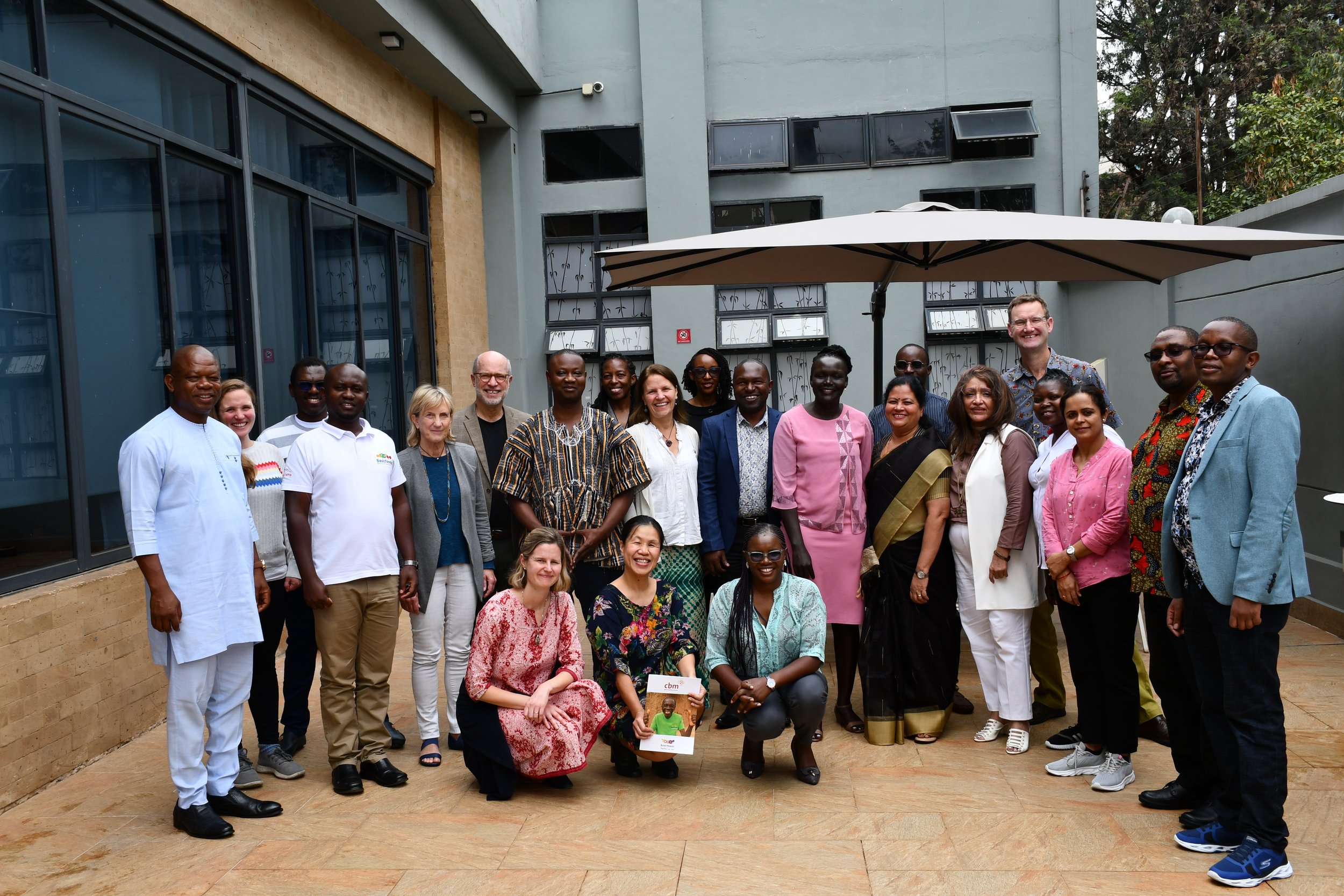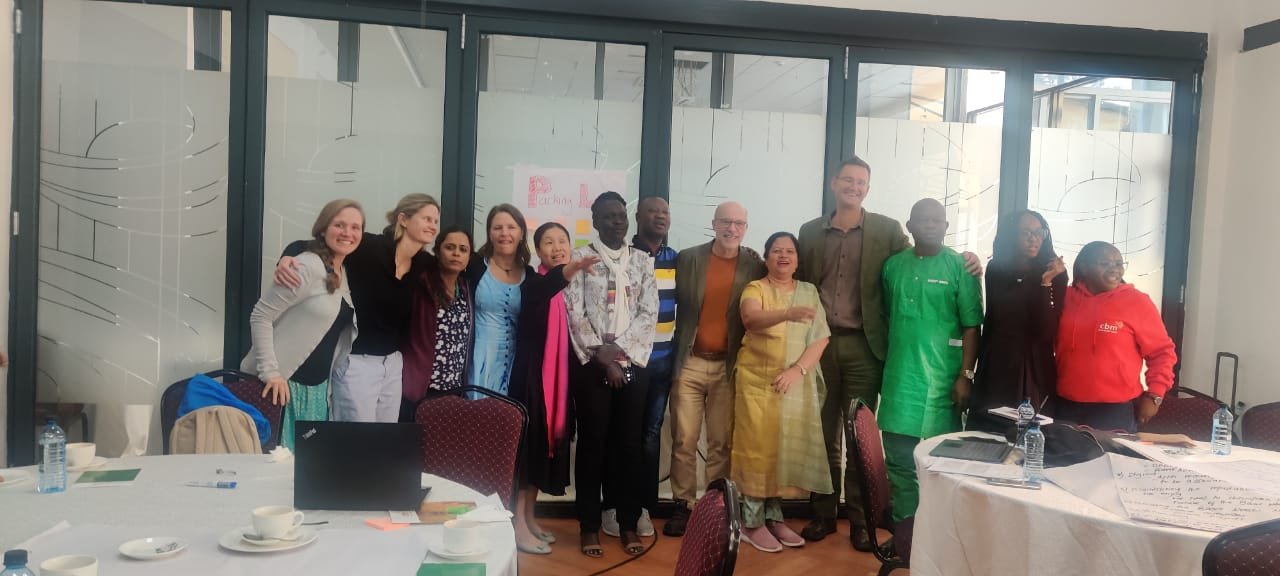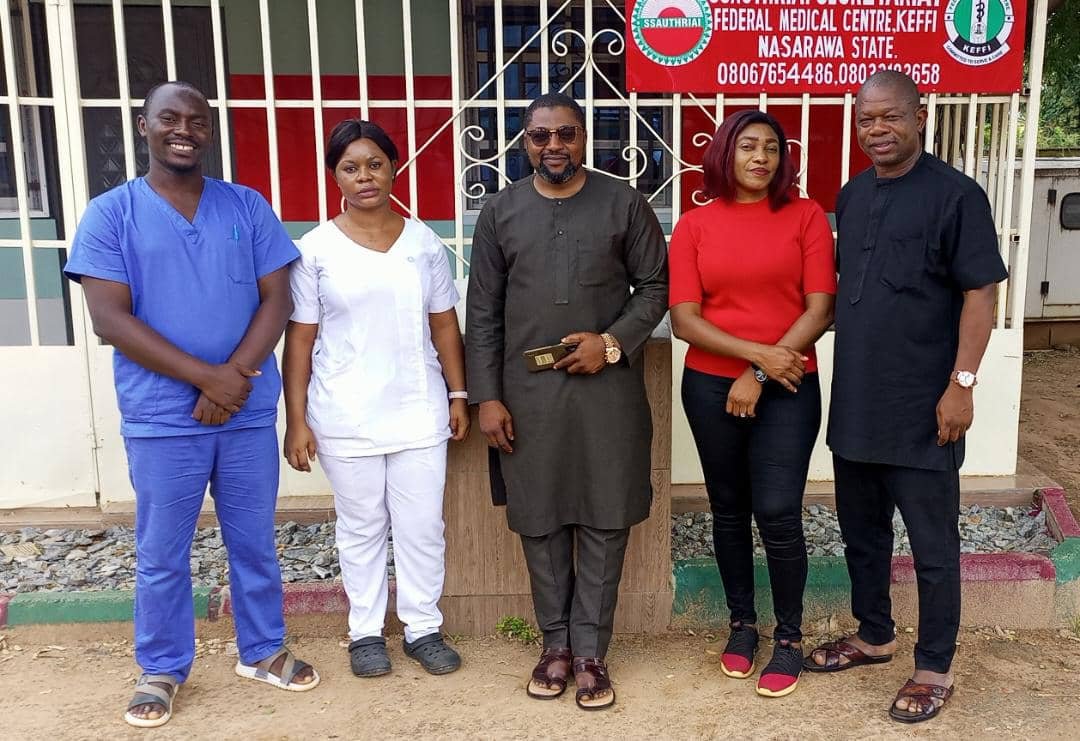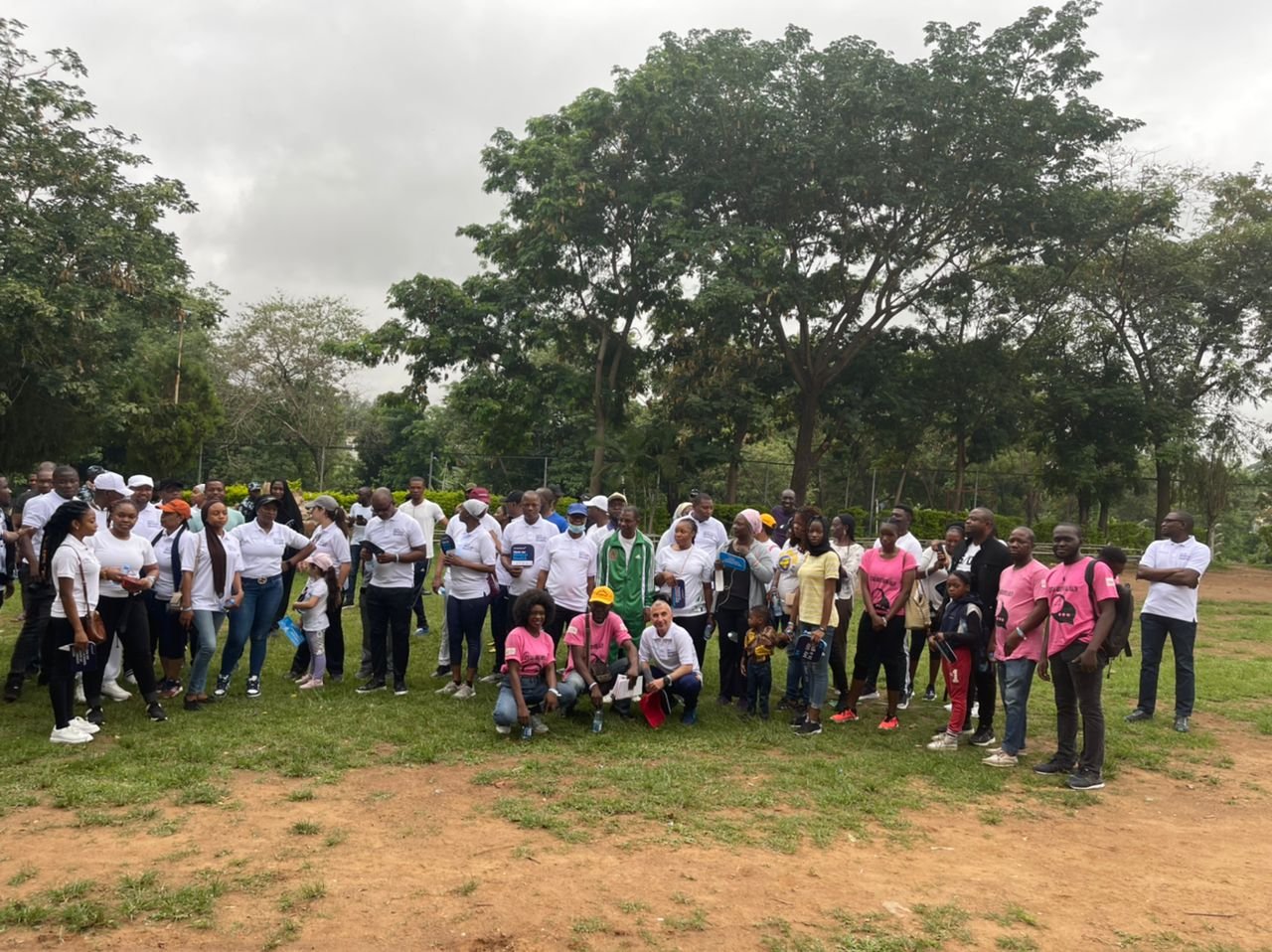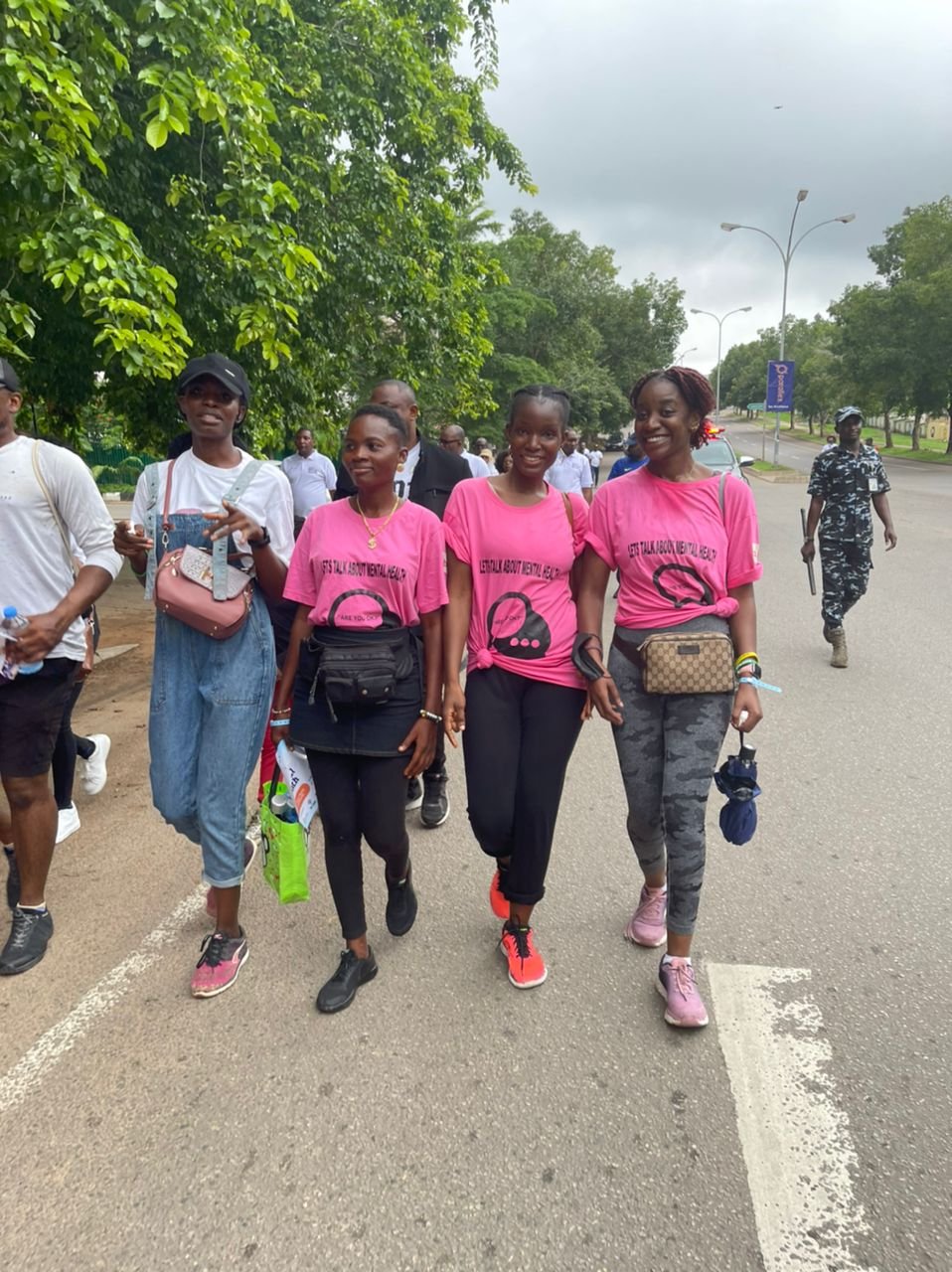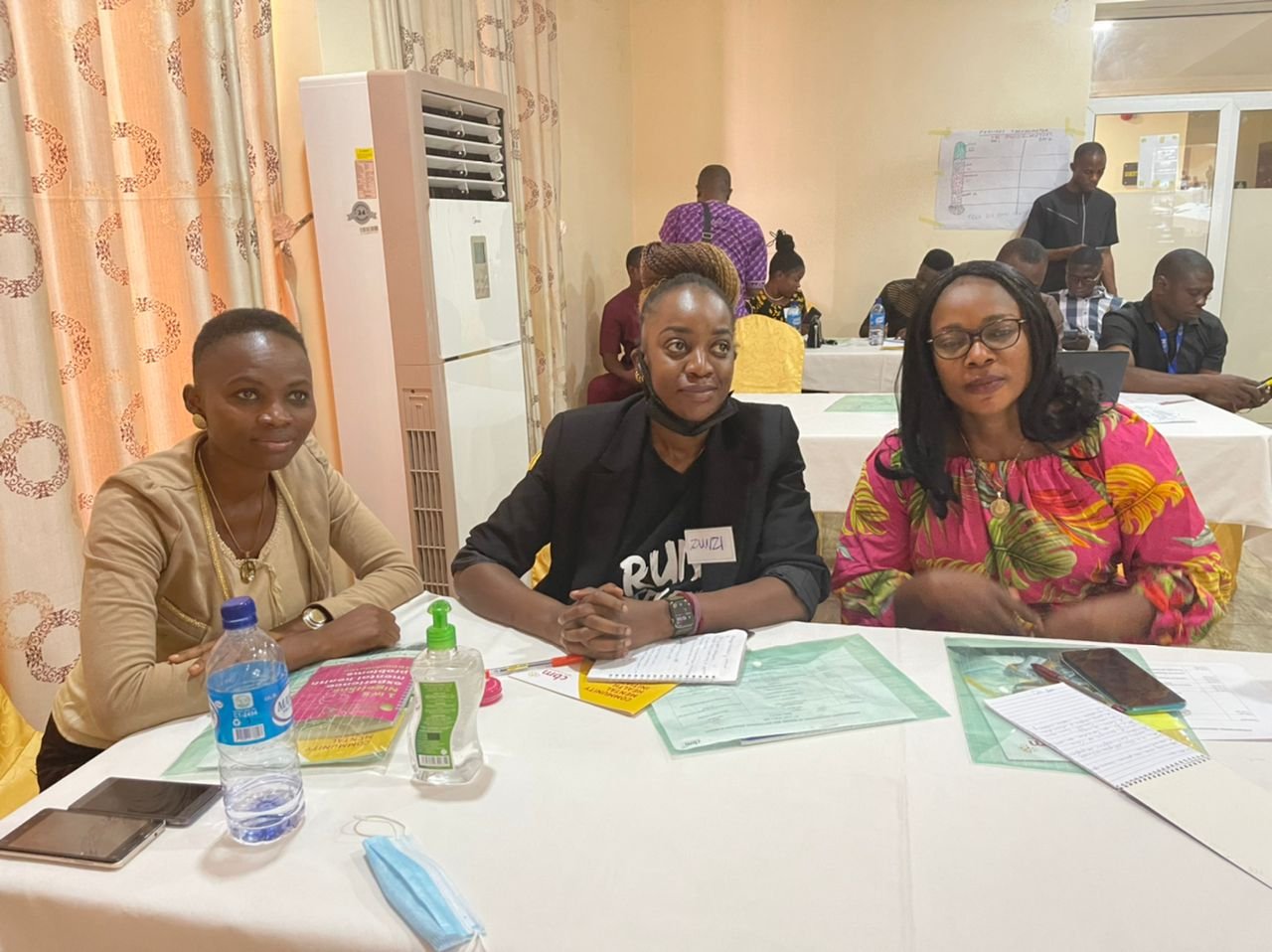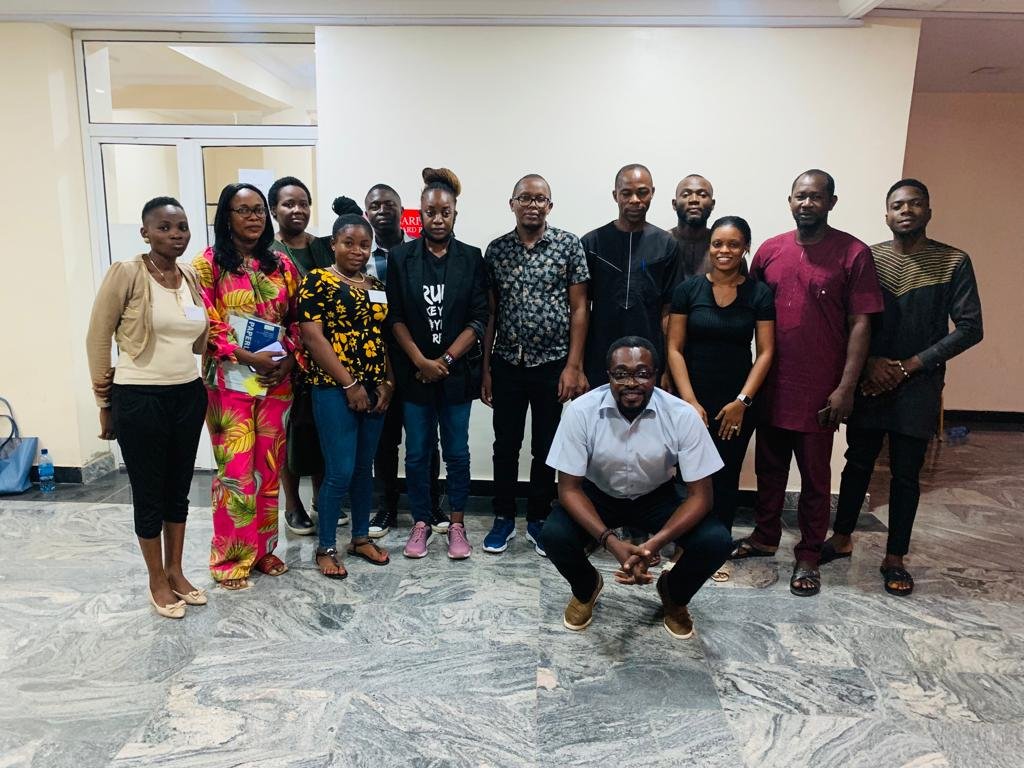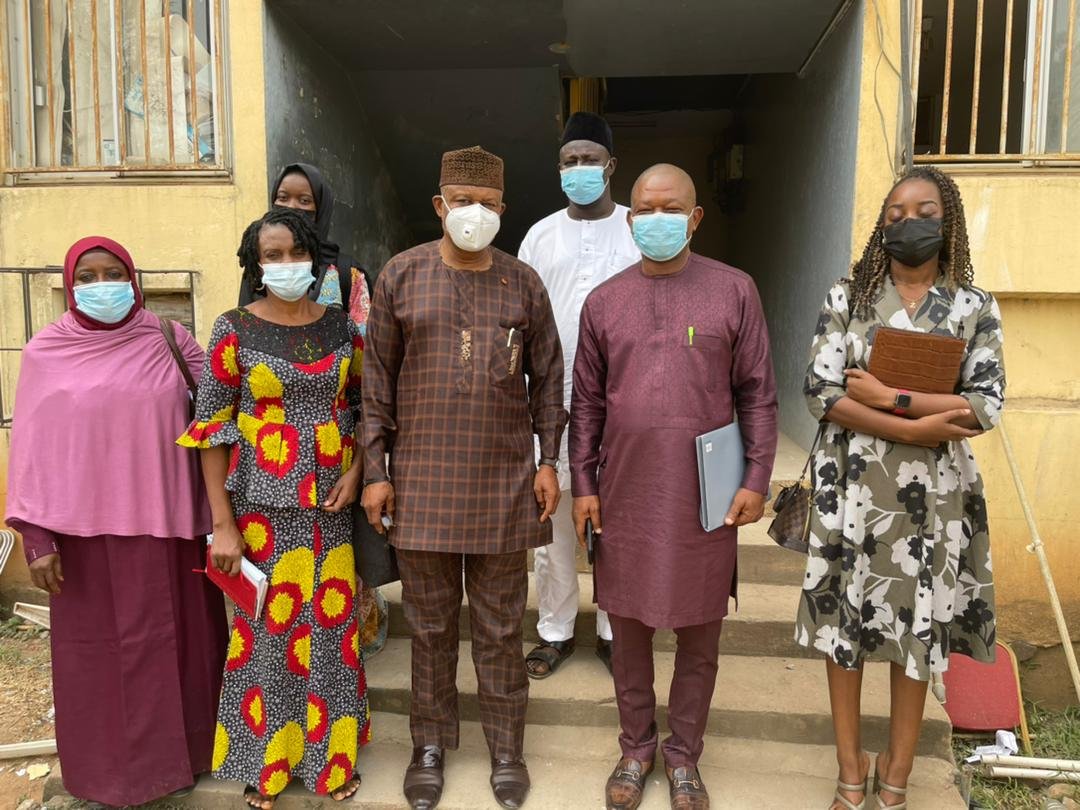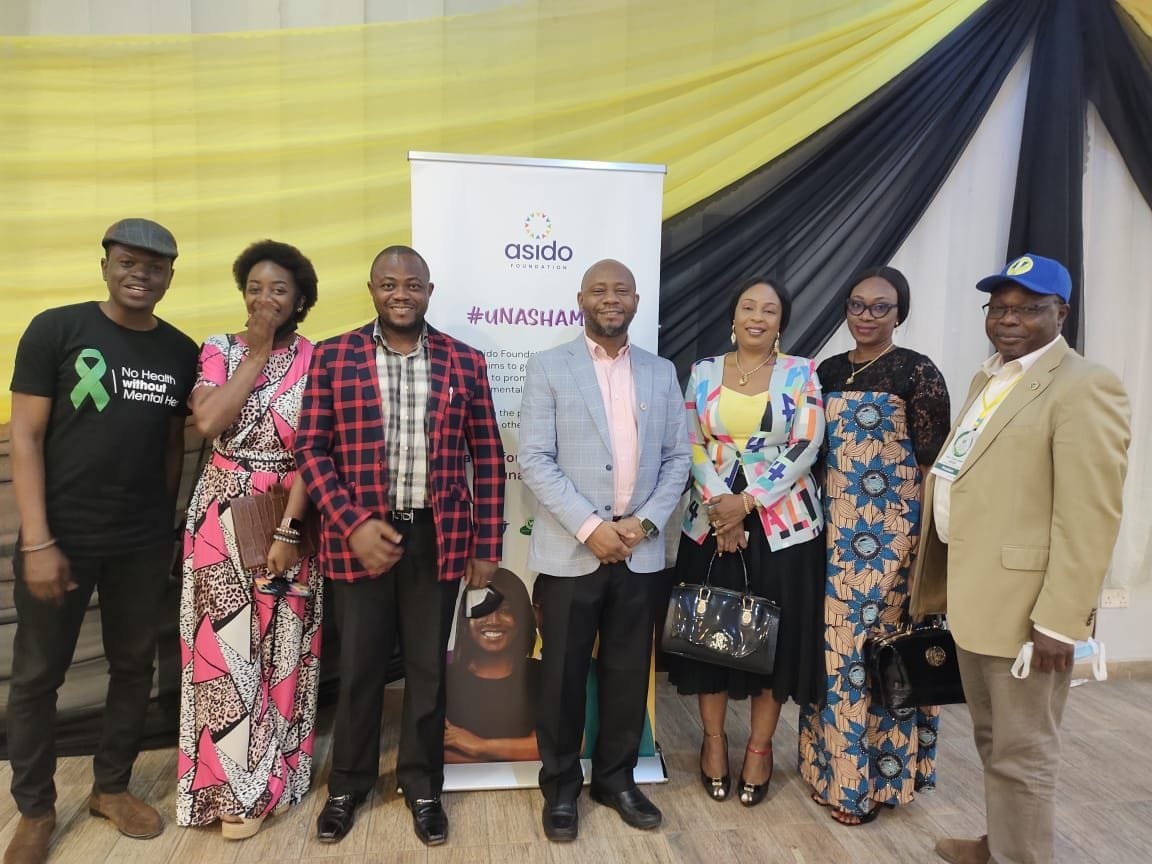The importance of education to the overall development of the human person and society cannot be overemphasized. It is obviously for the above reason that the respected South African iconic leader, Dr. Nelson Mandela, in his lifetime, said, "Education is the most powerful weapon which you can use to change the world.”
Another internationally acclaimed personality, a former President of the United States of America, Barack Obama, in his submission about education said: "In a global economy where the most valuable skill you can sell is your knowledge, a good education is no longer just a pathway to opportunity - it is a prerequisite."
The above claims of the personages can't be faulted when a holistic essence of education is considered. The late sage, and premier of the now defunct Western Region of Nigeria, Chief Obafemi Awolowo, knew that education was invaluable in total development, hence he introduced free education in the region between 1954 and 1962. The benefits of the free education policy are still enchanting in what is today's Southwestern Nigeria.
Ever since governments at several strata in Nigeria have adopted several measures to either promote free education or subsidize formal education to make it easily affordable to those who desire knowledge.
Lafarge Africa has been contributing its quota to the development of the education sector in various parts of the country where it operates. The company’s massive contribution to the education sector abounds in its host communities in Cross River State, where it has its cement plant in Mfamosing, Akamkpa Local Government Area.
Recently, the company’s Production Manager, Mfamosing Plant, Mrs. Idara Uyok, disclosed that as part of its Corporate Social Responsibility (CSR), the company has provided educational support to 130 scholars in secondary and tertiary institutions in the state. Lafarge Africa’s scholarship scheme, otherwise tagged "Educational Support" provides N100,000 every session to each of the benefiting students across its 10 host communities that are mostly in the Southern senatorial district of the state.
In addition to this, Lafarge Africa has embarked on the complete renovation of schools and has built additional school blocks, staff quarters, and modern toilet facilities, and provided boreholes as a source of clean water in most of the schools.
The company has also enhanced teaching and learning by ensuring that National Youths Service Corp, NYSC, members are officially posted and assigned to teach in some of the schools its supports. Lafarge has also supplied school uniforms, sandals, books, and desks; free to the benefiting schools based on their demands.
The Chairman Community Relations Committee (CRC) of Lafarge Host Communities, Ntufam Alphonsus Bassey, gave brief insights into what the company has contributed to the education sector of its 10 host communities, and by extension, the state.
Ntufam Bassey who hails from the Mbobi community in Akampka LGA said, "Every year, our children who are in secondary schools, about 10 of them, are given what we call Educational Support. They ( Lafarge Africa) pay their school fees, give them uniforms, and buy books for them. They also extend the donation of uniforms to our primary schools. They call it the Back-To-School programme.
They will give them uniforms, give them sandals, give them school bags and give them exercise books. They give educational support to our children who are schooling at the University of Calabar, UNICAL; Cross River State University, UNICROSS; and College of Education Akampka and other tertiary institutions. At the moment, we have about four of them that they are supporting."
THISDAY visited some of the schools located in Calabar, the state capital, as well as those in rural communities to verify the claims. At the West African Peoples Institute, WAPI, located in Calabar Municipality, Master Nisi Thomas Agida, a senior secondary school, SSS, 3 student who is one of the beneficiaries of the Lafarge Africa scholarship programme told THISDAY that the company's educational support programme came to him when help was most needed for the continuation of his academic pursuit.
"It has been very interesting and Lafarge has helped me in particular because my parents were having very serious problems paying my school fees. So, I am thanking Lafarge for everything they have done for me. I promise Lafarge that I will be successful in my WAEC, NECO, and JAMB," Agida said in a rapturous tone.
Blessing Edet Bassey, a female student from the school who hails from the Essien Town community in Calabar Municipality said this about her experience with educational support from the cement manufacturing company.
"I am in JSS3. I was very happy the first day they came to pay my school fees. My parents were happy too. My father is very happy that his child is among those that got a scholarship from Lafarge.
"I promise that I will never disappoint them ( Lafarge), and I will use their support to go further and achieve my goal in life. I thank Lafarge because, throughout the difficult times, they have been the one there for me.”
Overwhelmed with joy, Blessing Eyamba Etim from Akpabuyo community, another JSS3 female student of WAPI, also a beneficiary of the Lafarge Africa educational support programme declared: "I will never disappoint them."
At Government Secondary School School, Akansoko, Akpabuyo Local Government Area, the experience with the beneficiaries is similar to those in other schools; just stories of happiness, and gratitude to the cement company.
Some students in the school, Miss. Racheal Elijah; Miss. Happiness Victor Asuquo; Miss. Idorenyin Emmanuel Cletus; Miss. Happiness Etim Essien; Miss. Esther Bassey Sunday; and Master Elkanah Manaseh Jonah, presented themselves as beneficiaries of the Lafarge Africa educational support.
Two of the students spoke about the educational support from the company. Racheal Elijah, a female student said: "I am in JSS 2. I am so happy to be on a scholarship because it is not easy for someone to send another person to school. I promise that I will try as much as possible to be intelligent, and also grow into a responsible citizen to support others. I hope to study medicine. I thank Lafarge very much for giving me this opportunity."
Manaseh Jonah, a SSS 2 male student said, "I thank Lafarge for all that they have done for us because it is not easy to pay school fees, even if it is done in instalments in every term. They have helped me and helped my mother in paying my fees. I am doing well in school now more than before because my mind is settled." Jonah said his ambition is to become an internationally acclaimed musician.
Government Secondary School, Akwa Ikot Effanga, bears a glaring testimony of Lafarge Africa's intervention with the complete renovation of the entire classroom blocks by thus providing the school with the necessary and conducive ambience for teaching and learning.
The Principal of the School, Lady Asangusung Mediatrix Ujor, said that aside from the renovation, the cement manufacturing company built and equipped a new lodge for NYSC members who form a large chunk of the teacher's cadre in the school. She commended Lafarge Africa for supplying the school with desks, books, and uniforms as well as giving scholarships to some of the students.
However, she pleaded with the company to ensure that the school authorities are also consulted alongside the community in the selection of beneficiaries of the educational support initiative.
Umoh Edet Okon, a SSS 2 female student, and Joseph Okon Effiong also in the same class said they were enjoying Lafarge Africa's scholarship.
Umoh who spoke on their behalf said, " I thank Lafarge because they have come to our aide. The scholarship has challenged me to study more. I know all of us under scholarship said we cannot disappoint Lafarge and our parents, and we cannot joke with our future, so we must build it now. We thank God that Lafarge is helping us to build our tomorrow."
Realising the importance of early childhood education, and the essence of building their education on a very solid foundation, Lafarge Africa has provided educational support to primary schools in its catchment areas. A typical example of the company's intervention at this very critical stage of educational development is Government Primary School, Abiati, Akamkpa Local Government Area.
Head Teacher of the Primary School, Mr. Oyere Alfred Ujong told THISDAY that the school had virtually collapsed and gone into extinction when Lafarge Africa had information about its sorry state and promptly responded.
The Head Teacher said Lafarge intervened comprehensively and brought the school back to life. "I came here some years ago and saw the school. It was almost buried. I tried to put in my effort. Thank God Lafarge came with their provision of textbooks, uniforms, sandals, and desks. Even this year, they have sent in National Youth Service Corp members.
"It is an old school that was established in 1993. It got dilapidated, but since Lafarge renovated it, it has encouraged their parents. The cry was that teachers were leaving here. I didn’t meet up to 20 children in this school, but by now, I can boast of 70 pupils because of the efforts of Lafarge. I am so impressed with what Lafarge has done in this school. They have given us National Youths Service Corp members who are now my assistant teachers.
In the school, Ezie Florence Oghogho, NYSC member, and a graduate of Delta State Polytechnic, who said she was posted to the school at the instance of Lafarge Africa talks about her experience there. "From what I have seen and experienced, the two of us here I would say, Lafarge, renovated the school, and has supplied school uniforms, scandal, desks, and books to the people; and we the corp members are well taken care of.
"Almost every day, parents bring in more children to be registered because there are more teachers to teach them, and more classrooms that can accommodate the growing number of children that are coming," she said.
Lafarge Africa's support isn't limited to public schools alone. Even private schools and their students are accommodated, provided for, and catered for.
A good example of this is Immaculate Conception Secondary School, Mfamosing, Akamkpa LGA, a private academic institution. The Principal of the newly established school, Sir James N. Achu (KSM), told THISDAY about the tremendous support they have gotten from Lafarge Africa.
Achu said, "The school authorities are so delighted by the support we have received from Lafarge. They have given us school desks which have helped with teaching and learning in the school. They have equally given 9 students scholarships. They have been supporting us by posting NYSC members to help the students in the teaching and learning process. "Presently, we have the second batch of corps members. The school has witnessed a lot of improvement."
The Principal said Lafarge has even gone a step further outside the classroom by providing mentorship to the students, especially the female students who are prone to vulnerabilities in the rural setting where it is located. "They come in for sensitization, especially for female students so they can put more effort. They bring in female engineers to showcase them and mentor the students to key in to achieving their goals in life and take their studies seriously; what a man can do, a woman can do better if given the opportunity.
The sensitization is in the right direction, particularly, in the rural areas so that they will take their studies seriously and know that they can become professionals in future. So we commend Lafarge in that aspect.
"Lafarge also takes the students out of here to events in Calabar and other places just to expose them and give them more education," he said. However, being a very new school, Achu said they will appreciate more support from the benevolence of Lafarge. "Our school is very young; about four years old. You can see from the structure that we still have a lot to do. We may appear to be like the proverbial Oliver Twist, but it may not be out of place," he said.
GEDE Foundation, are the Education Consultant to Lafarge Africa on the implementation of the company's Educational Support Programmes in its host communities in Cross River State. One of GEDE Foundation's representatives, Mr. John Bassey, spoke to THISDAY on some aspects of the educational support programme.
"I work with the GEDE foundation as a volunteer. We facilitate the educational sector of Lafarge in terms of Corporate Social Responsibility, in the communities. We handle the payment of fees for students in the schools in our host communities, and we also provide them with study materials like textbooks and exercise books. At the moment we have about 130 students that are on scholarship in both tertiary and secondary schools.’
“About education, for a state or nation to develop, you must take education as a priority. I think Lafarge is doing very very well. They have been able to train a lot of students. Like in the last WAEC, we have one of our scholarship students as one of the best with 5 As," Bassey said.
Bassey said GEDE ensures that the students maintain high standards of performance in their academics by doing regular checks and follow-ups on the general performances in their various schools.
"We check their performances from the principal directly, and in the tertiary institutions, we go straight to the Examination Officers to check their results, and not what they print for us.
"We go as far as meeting their exams officers to ensure that their results are genuine. I want to say that this programme should be encouraged to develop our nation because the development of youths as leaders should start now."
Bassey said with the necessary encouragement, "Lafarge can do more to impact the lives of the students."
Culled from Lafarge


